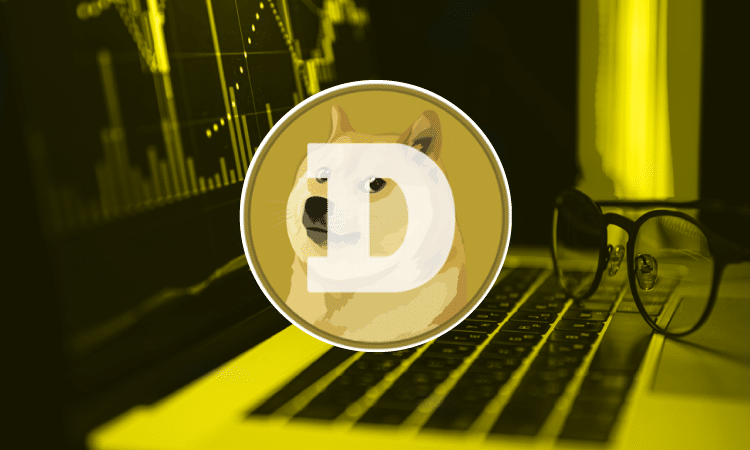
The Dogecoin Foundation Has Finally Released Its C Library LibDogecoin.
Dogecoin has just made an announcement stating that they have finally released version 0.1 of its C library, which is called Libdogecoin. According to the company, Libdogecoin is a comprehensive implementation of the Dogecoin Protocols. It is a programming library (and series of bindings to common languages) that enables anybody to create a Dogecoin-compliant product without having to worry about the underlying nuances of the crypto functions.
Michi Lumin Dogecoin Core Developer made the announcement.
So after several months, many late/sleepless nights, and one false launch, #libdogecoin v0.1 is now ready play with right here:https://t.co/hcYXnt8UJX
Huge props to the rest of our small lib team, @KBluezr and Jackie (github: jaxlotl) , for the insane effort.
More to come.
— Michi Lumin (@michilumin) August 5, 2022
It is essential to keep in mind that Libdogecoin will not provide a ‘runnable’ node facility; rather, the company said it would operate only as a library. It is planned for the process of combining the individual components into a single engine to take place at a higher level via the use of the networking libraries provided by the host language.
In terms of why it was made and what it accomplishes for Dogecoin, the firm behind it has said that it hopes to increase the community’s capacity for innovation by making Dogecoin’s fundamental functionality accessible as a simple C library with bindings for various languages.
In related developments, just recently, Dogecoin announced the launch of a new tool, Dogepedia, which will be used in the fight against Dogecoin FUD. Dogepedia is an exhaustive database covering all aspects of Dogecoin, including instructions and frequently asked questions. However, in contrast to Wikipedia, the contents are not created by users, and they cannot be altered by any user, thus maintaining the accuracy of the information.
Each topic is broken out into its own subheading, such as “Dogecoin Basics,” “Wallets,” “Using Your DOGE,” “Community and Ecosystem,” “Running Nodes,” “Mining,” “Development,” “How-to…,” “FAQ and FUD,” and so on. Each section includes a number of links that provide further information on the subject matter.
– Advertisement –
This news is republished from another source. You can check the original article here



